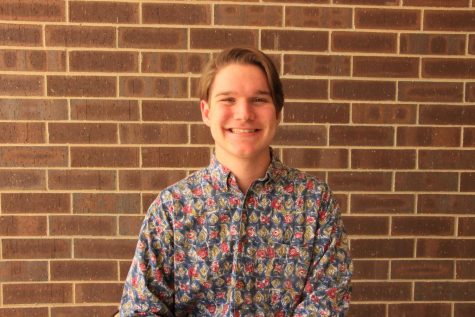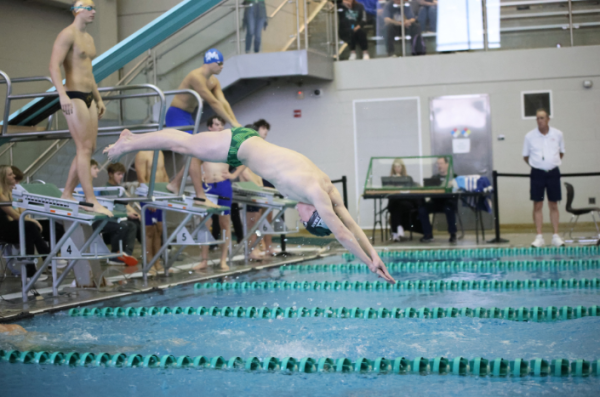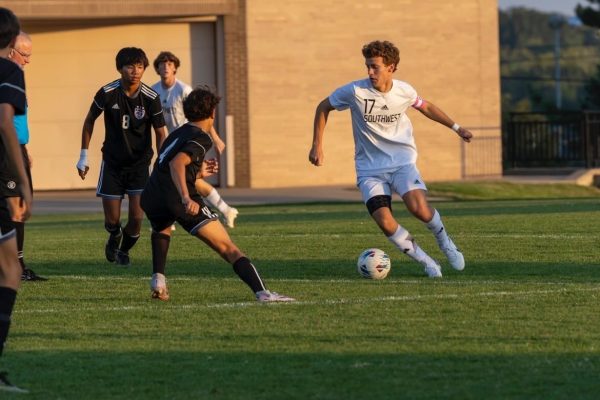News literacy of students tested
Sitting in the back of a senior U.S. government class, the questions and statements heard are most frequently accurate and make sense to the conversation. However, every now and then, someone says something that does not quite seem right. Whether it is a totally off-the-wall political story or a historical tidbit, just a tad exaggerated, interesting commentary can be heard throughout the day. This ultimately leads one to question: how informed is the student body?
After administering a survey of 120 students, including questions covering current news such as pop culture, politics and sports, it is evident that only a select group of students and staff truly know their stuff when it comes to the latest key events. Out of the 120 surveys given, only six participants were able to obtain a perfect seven out of seven score. However, the vast remainder of participants were able to correctly identify five to six major happenings properly.
Sophomore Tushar Kotamraju is a student who resides in this knowledge bubble, being able to identify five out of seven events in their true light.
“I feel like it will really benefit [people] in the future to know what our country’s status is,” Kotamraju said. “Our next generation is going to need to know how this country processes and how they can benefit our country.”
Kotamraju said he believes the young people of the United States need to be informed in recent politics as well as major economic happenings and socially important events.
“[I believe] events like economical issues and social issues are important, but I don’t really see them as important as the major political events,” Kotamraju said.
Contrary to Kotamraju’s opinions, only 53 percent of students surveyed were able to properly identify which state’s governor had a past issue with blackface (Virgina). This event was large enough that many Americans called for governor Ralph Northam to resign from office, as well as triggering the launch of numerous slander ads against the sitting governor, according to Fox News. If that is not a large enough political event, the same percentage of informed students knew the true duration of the longest ever government shutdown. Only 53 percent of students could properly identify one of the most historic events in our lifetimes: the 35 day shutdown.
Kotamraju said he considers himself to be a mildly informed citizen despite checking his personal news feed on his phone at least once daily.
“I follow the news sometimes, but when it comes like daily or with important events, I just, you know, stay back and my parents handle with it,” Kotamraju said. “Then we talk about some major events and they help me to figure things out.”
Although he said he believes reading into the news is important, Kotamraju also said he is not totally opposed to quick news. Quick news refers to frequently shortened stories often found on social media. These stories are frequently not much more than a heading and a few hard facts, according to the Huffington Post.
“They don’t really explain in depth — the articles focus on the phone,” Kotamraju said. “[Quick news is] nice but, they really they don’t focus that much on how [the news event] affects certain types of people and how it benefits or hurts others.”
Even with the recent availability of quick news on devices all around, 60 percent of students only view the news, in any of its numerous forms, two or fewer times a week and consider themselves to be uniformed in the world of news.







